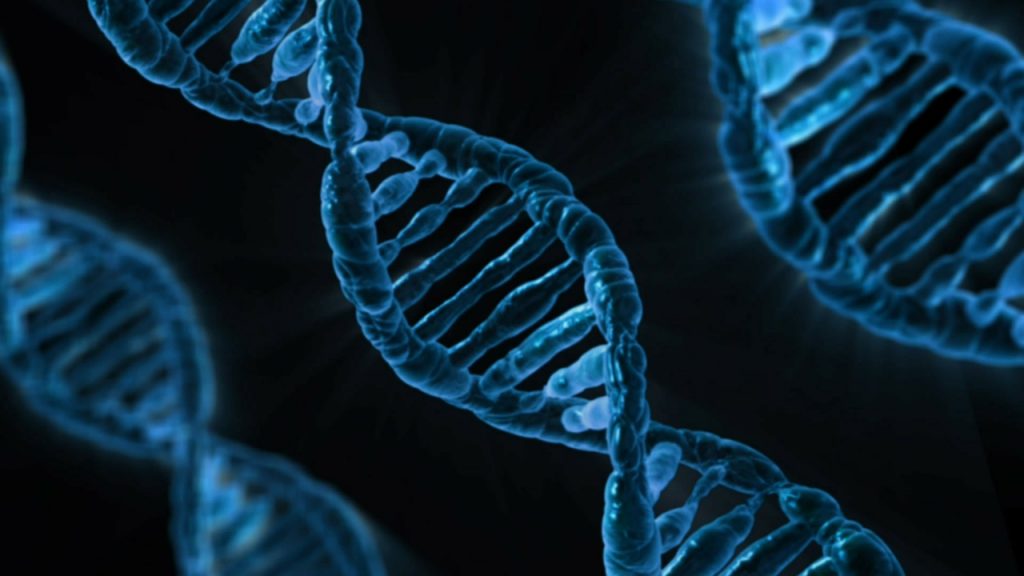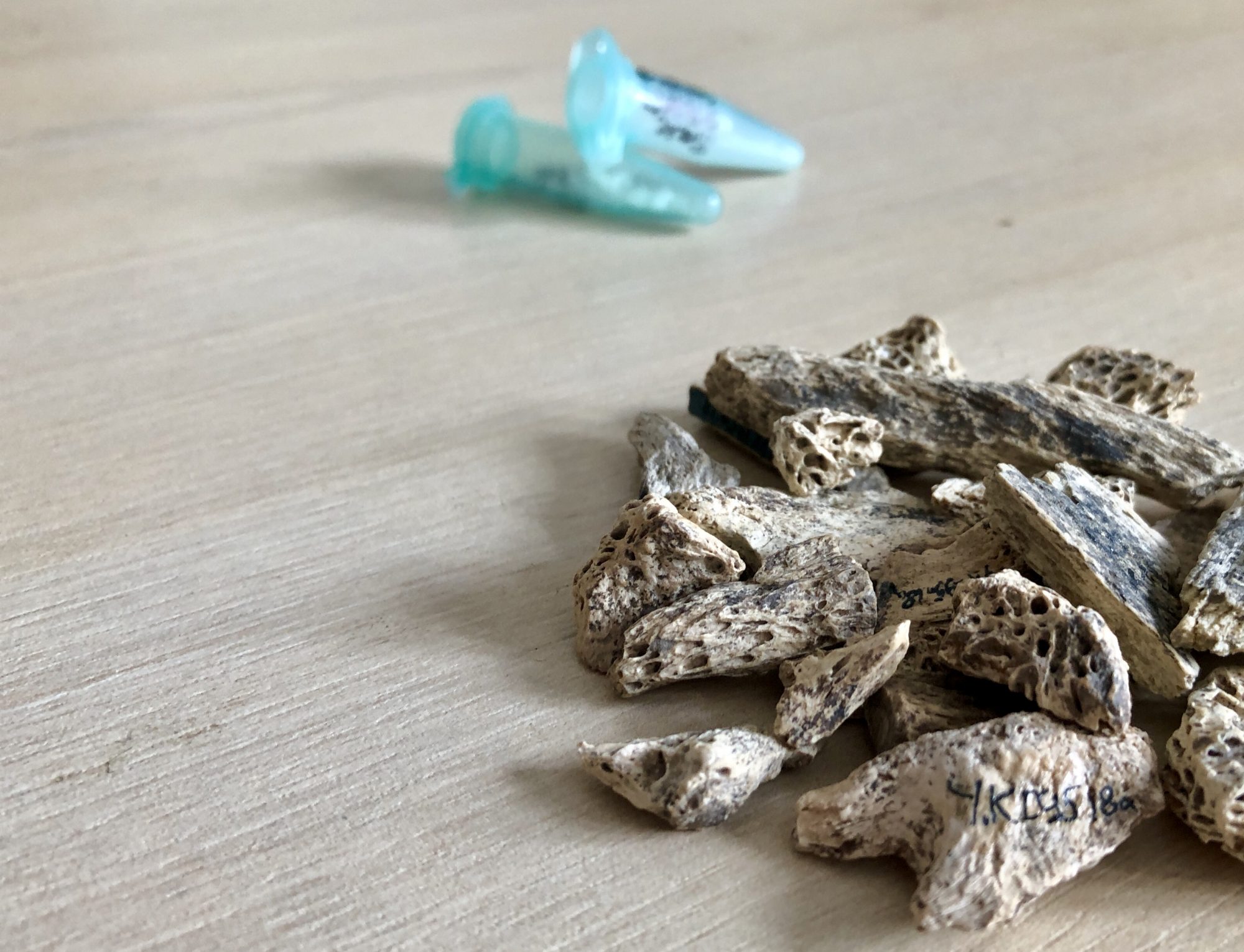Analysis of ancient DNA (aDNA), that is DNA extracted from long-dead organisms, is the most authoritative approach in identifying and reconstructing phylogenetic relationships between extinct and extant species. aDNA has become a powerful, reliable and accessible tool in the analysis of ancient human remains due to technical advances in the removal of contaminating modern DNA and the ability to retrieve genomic sequences from fossils where surviving endogenous DNA is extremely low. Such high-quality sequencing has provided an accurate portrait of genomic variation between archaic and modern humans.

In FINDER, all fragments identified as potentially human using collagen fingerprinting approach, as well as previously identified human remains that lack robust attribution to one or another hominin group, will be subjected to aDNA analyses at the Max Planck Institute for Evolutionary Anthropology in Leipzig (Germany) by Prof. S. Pääbo and his team, including Matthias Meyer, Janet Kelso, Diyendo Massilani, at the Department of Evolutionary Genetics.
A suite of state-of-the-art methodologies have been developed over the years to retrieve and sequence aDNA from ancient hominin bones. Novel extraction, library construction and DNA capture methods offer exciting possibilities to generate high-quality genetic data from hominin fossils recovered in various environmental settings, allowing the retrieval of genetic material from specimens which are smaller, more degraded and 5-to-10 times older than previously thought possible. Depending on sample preservation, genomic data at the best levels of completeness will be generated.

